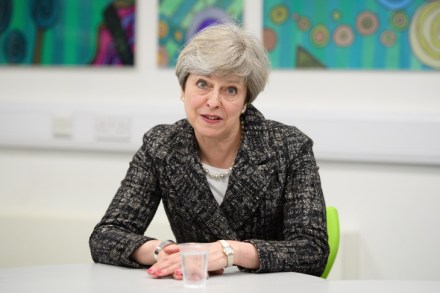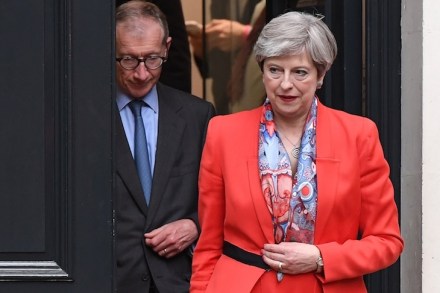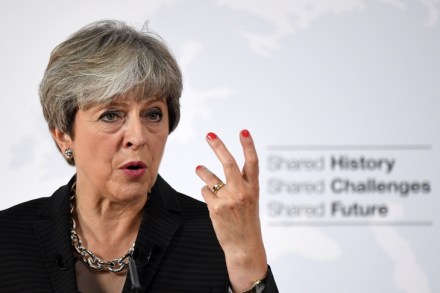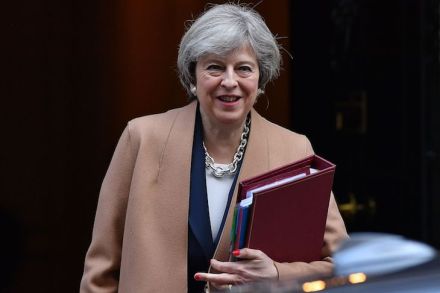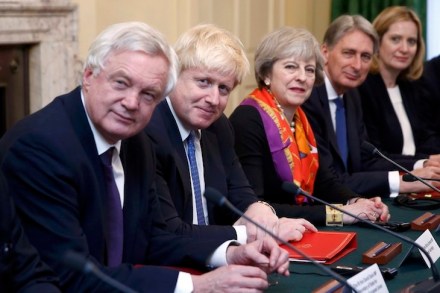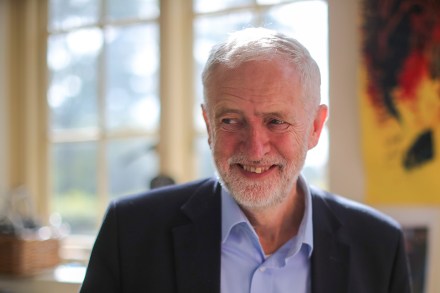Tories weren’t ready for snap election, says Tory who called snap election
At Conservative party conference next week, expect a lot of soul-searching over what exactly went wrong for the Tories in the snap election. Happily, the Prime Minister has kicked proceedings off early – telling the House magazine that the big problem was that the Tories just weren’t ready for an early election: ‘I think the other issue was the need to have, in a sense, a less centralised campaign. You obviously need to have a central focus in the campaign. But I think that an awful lot of people out there in the party worked hard on the ground, and there is a feeling that there wasn’t the ability to
